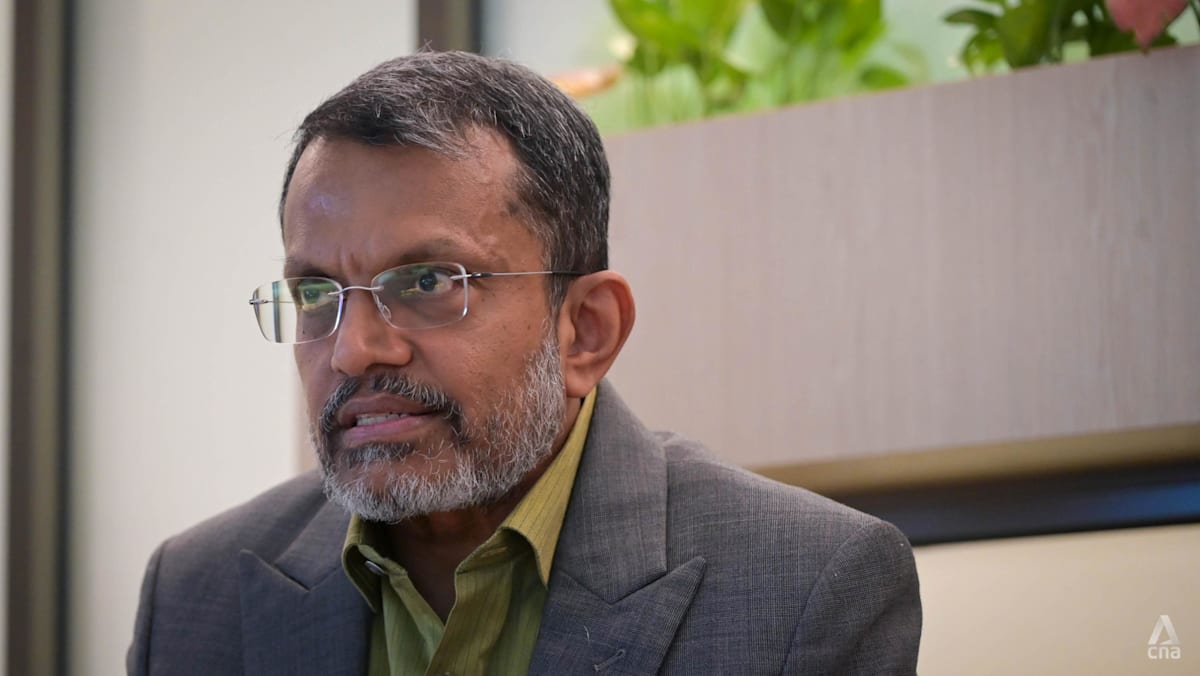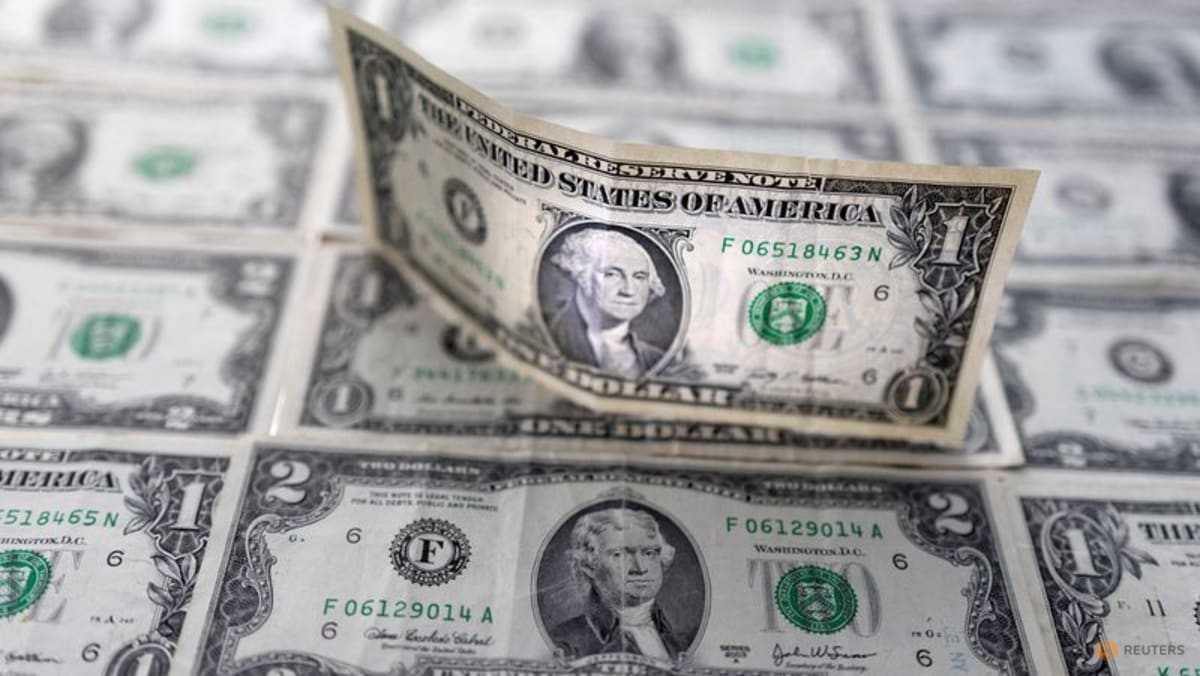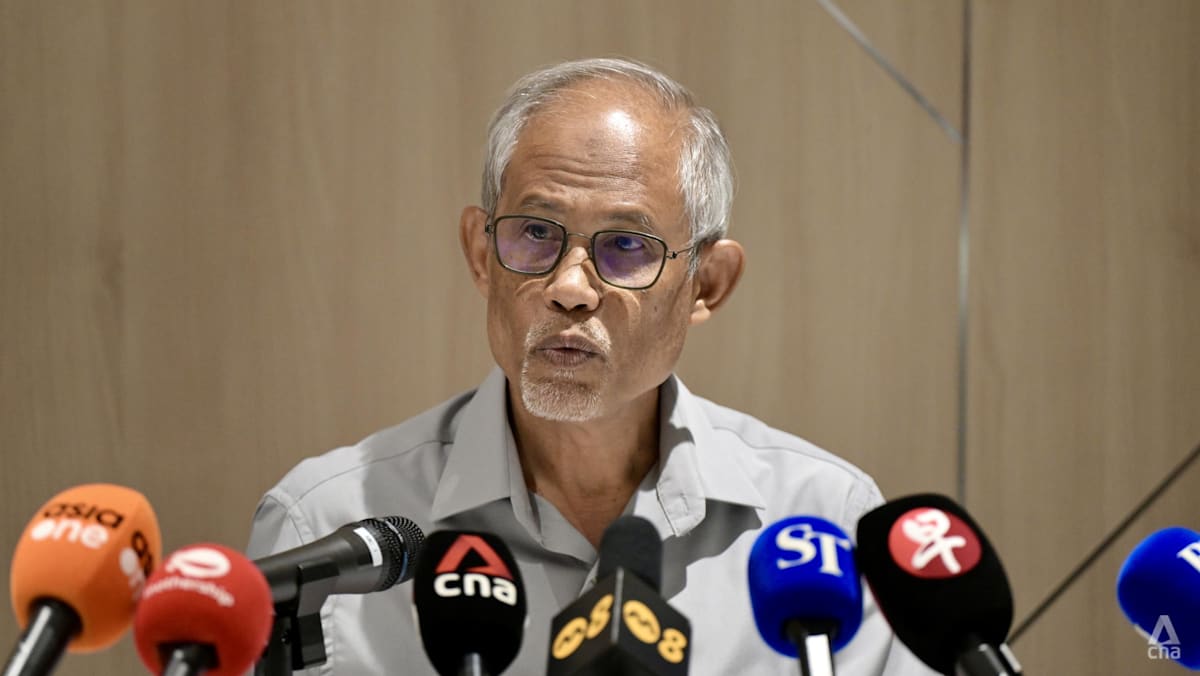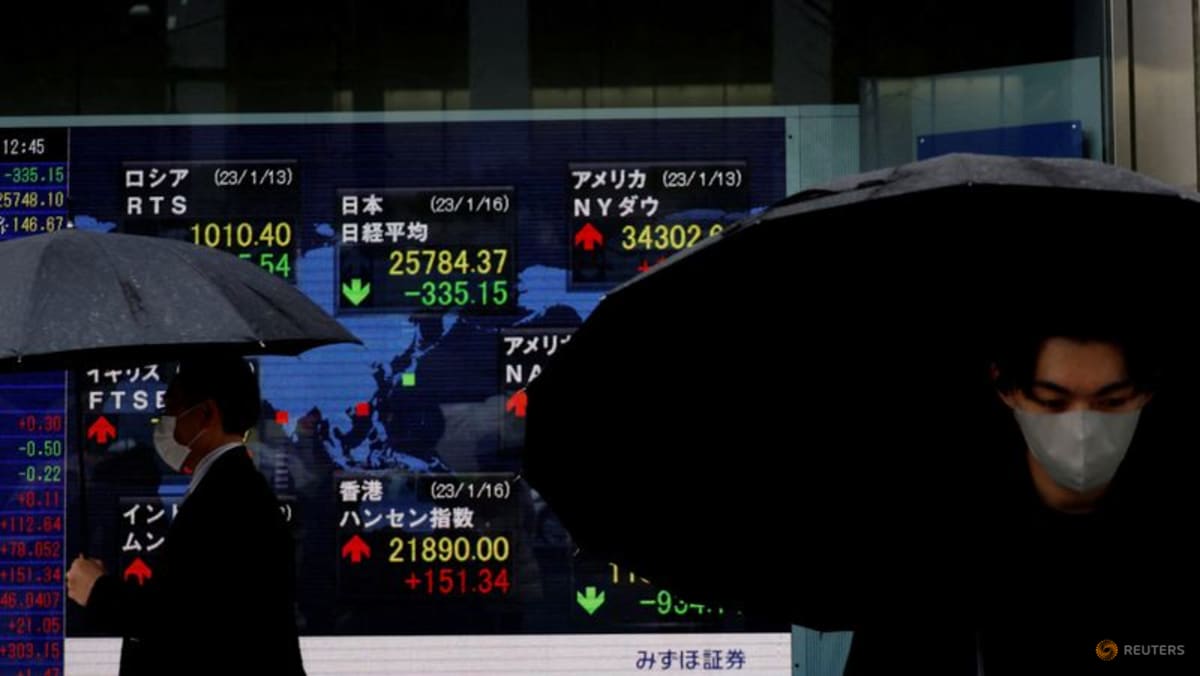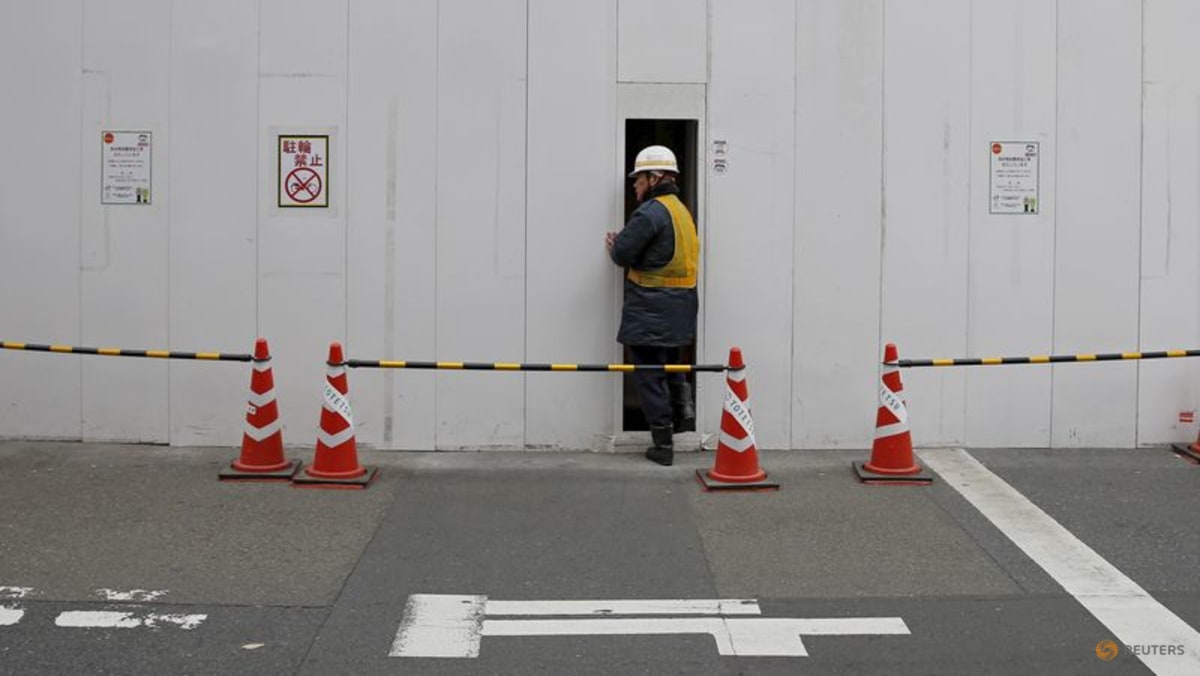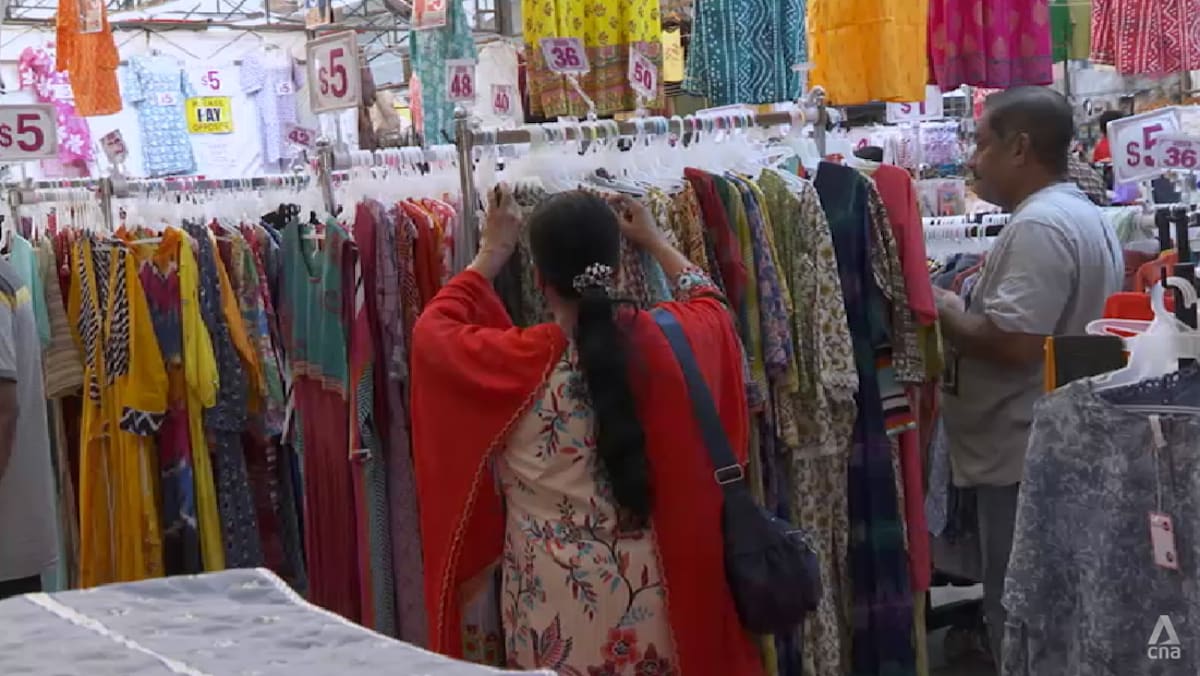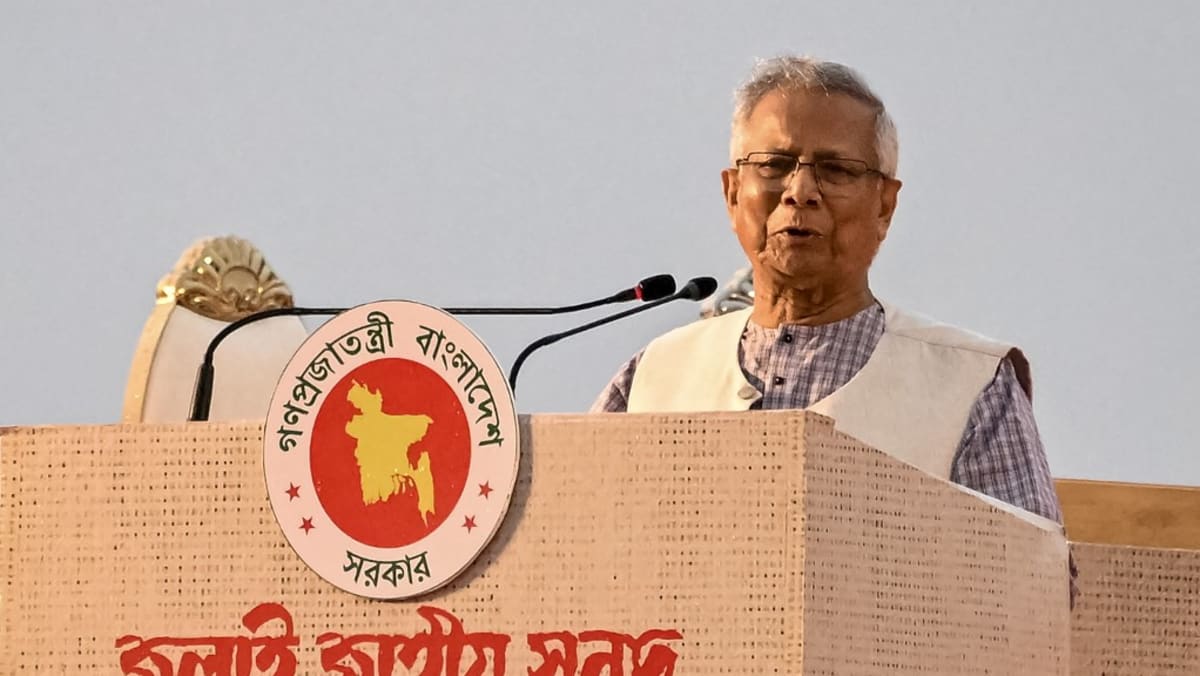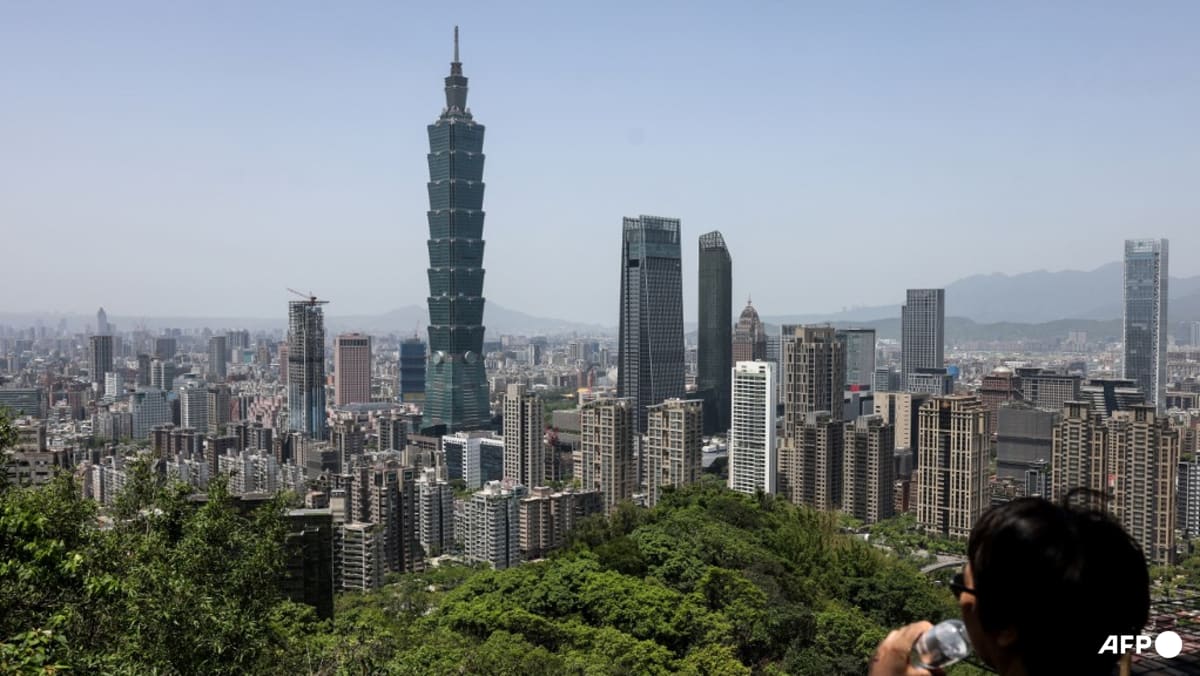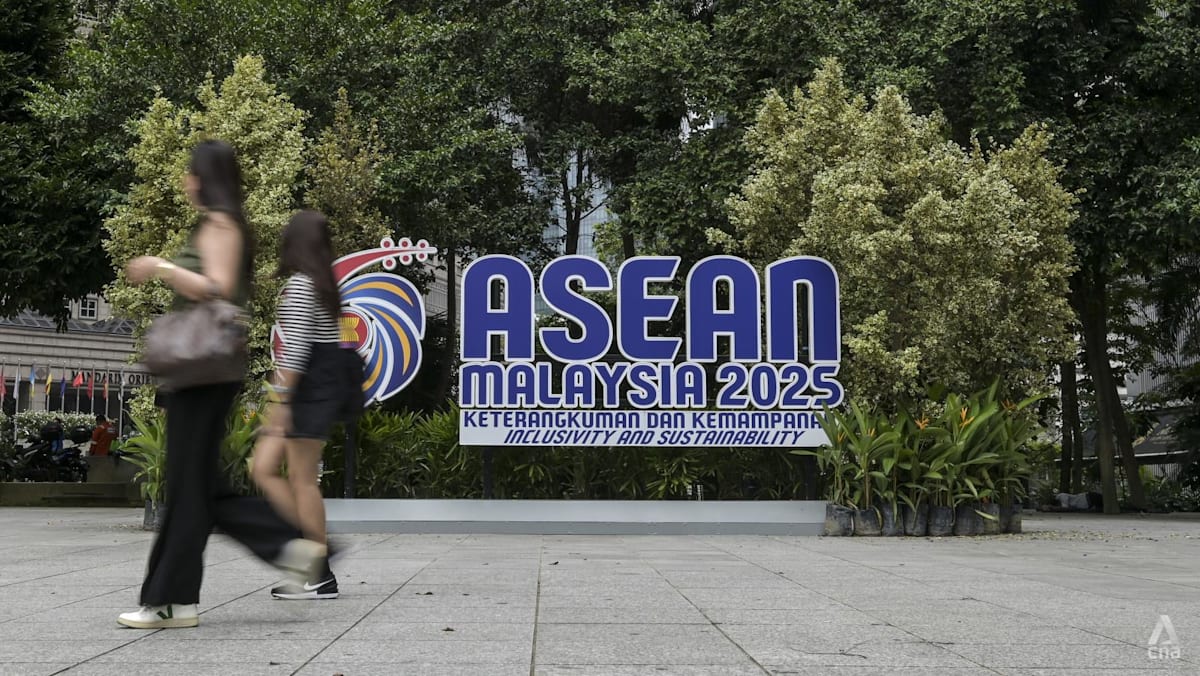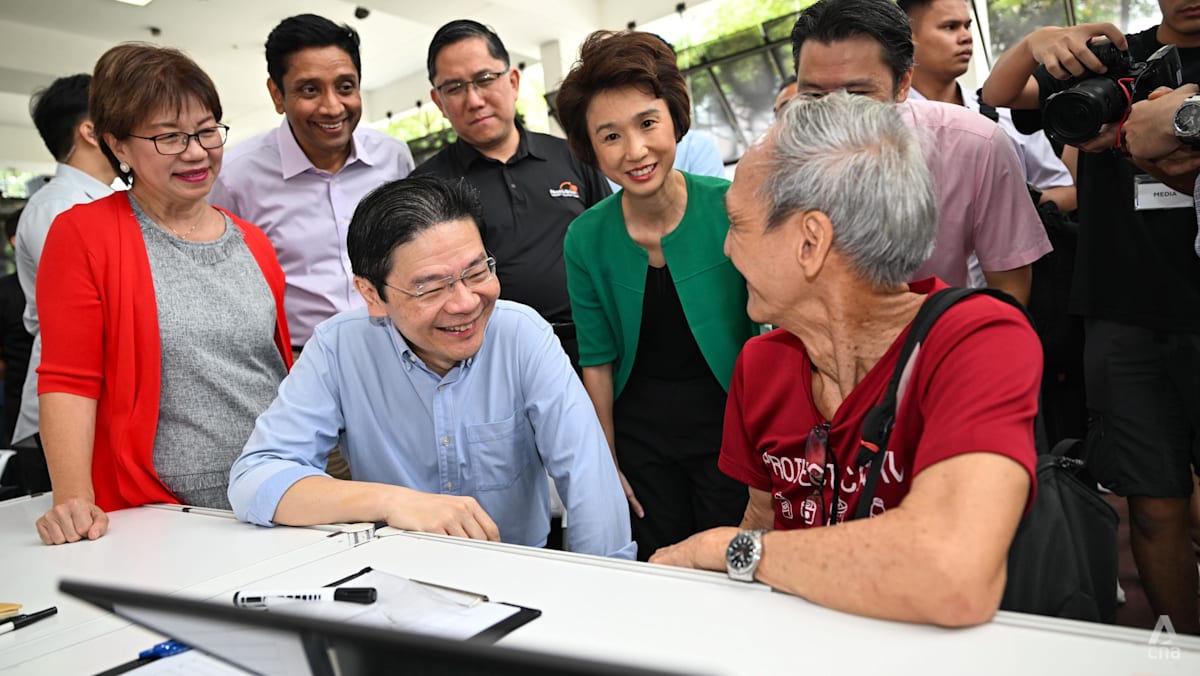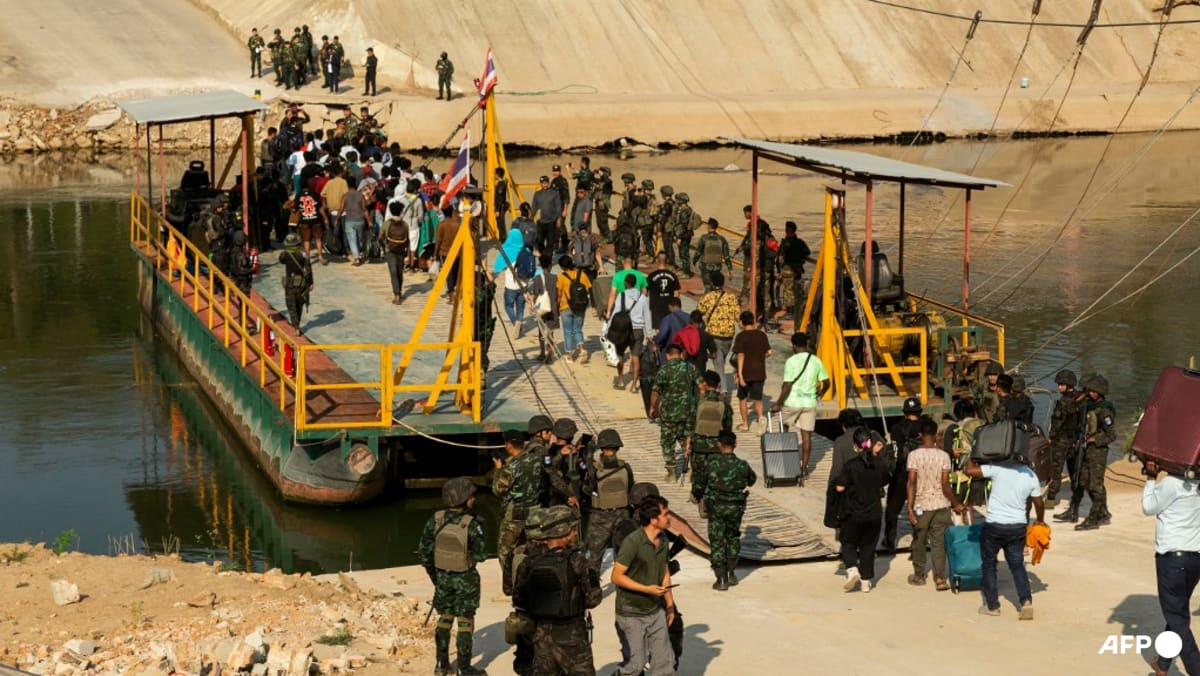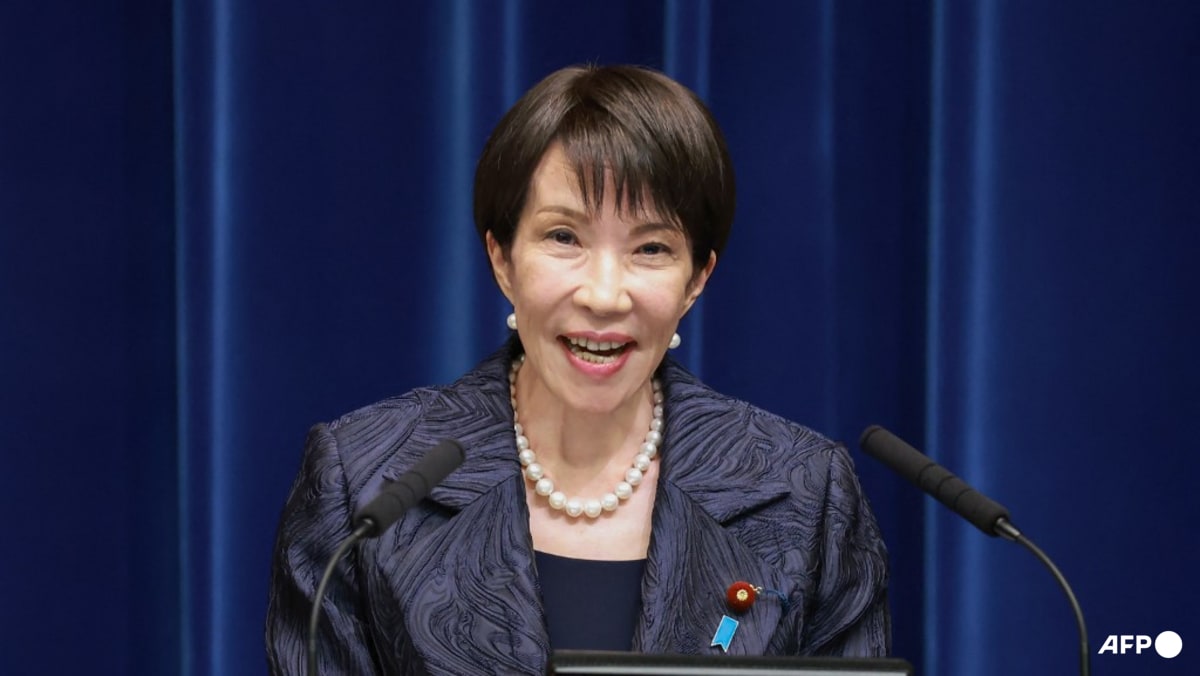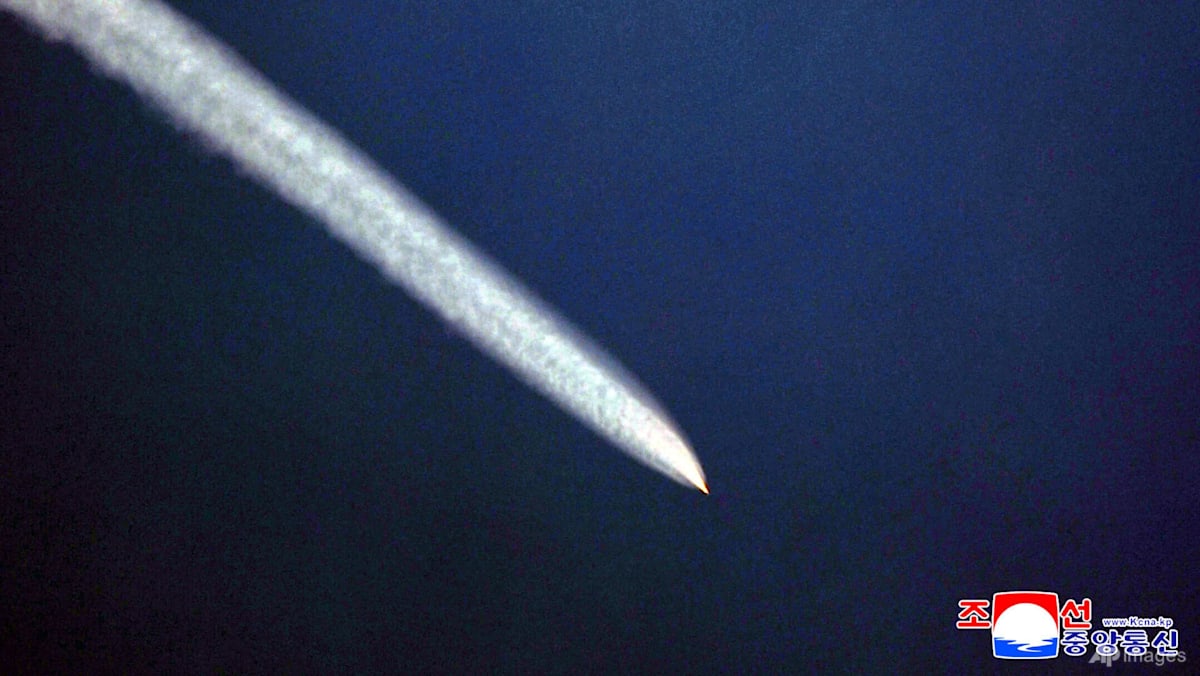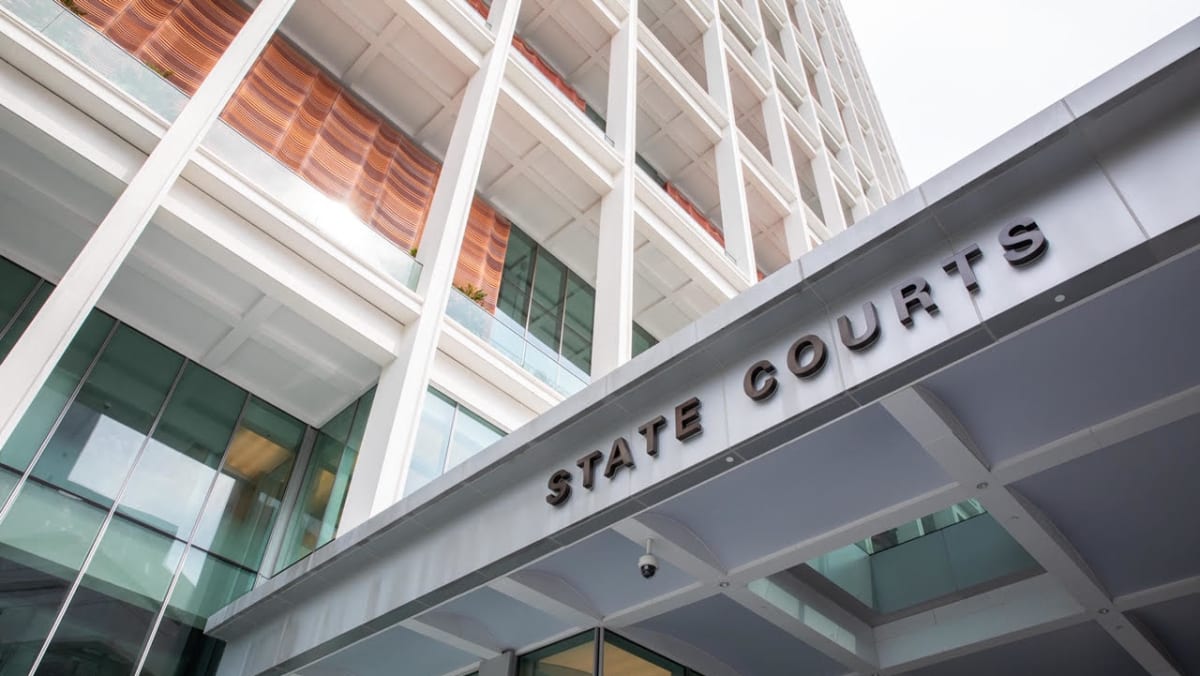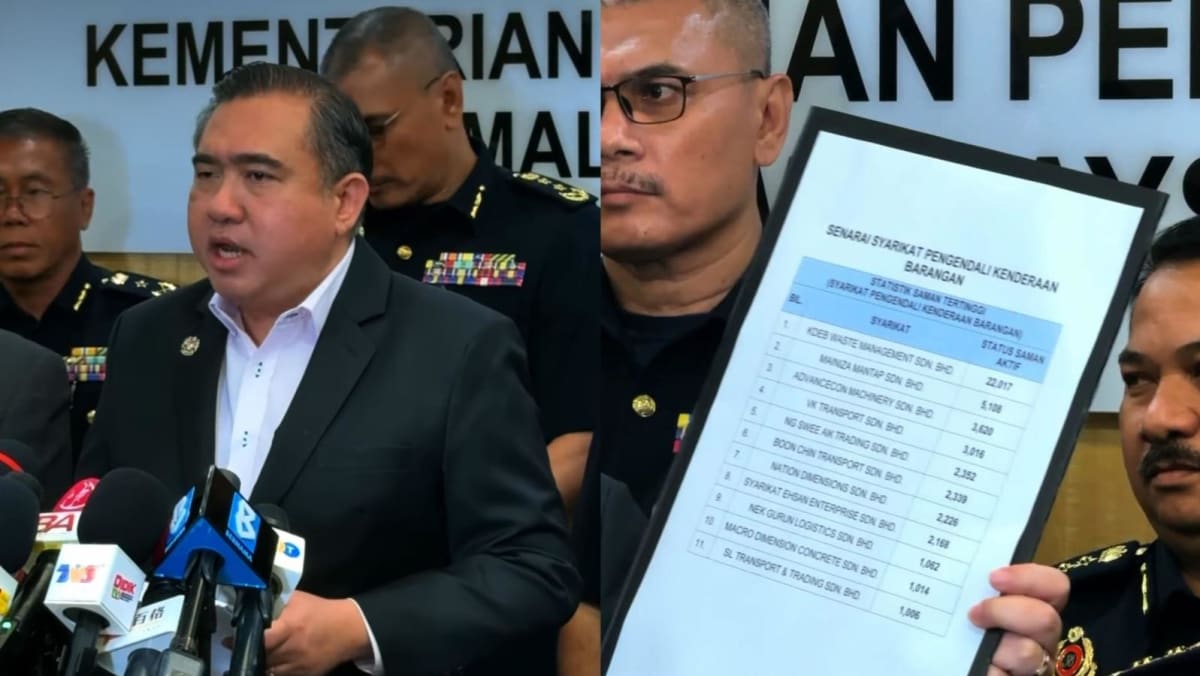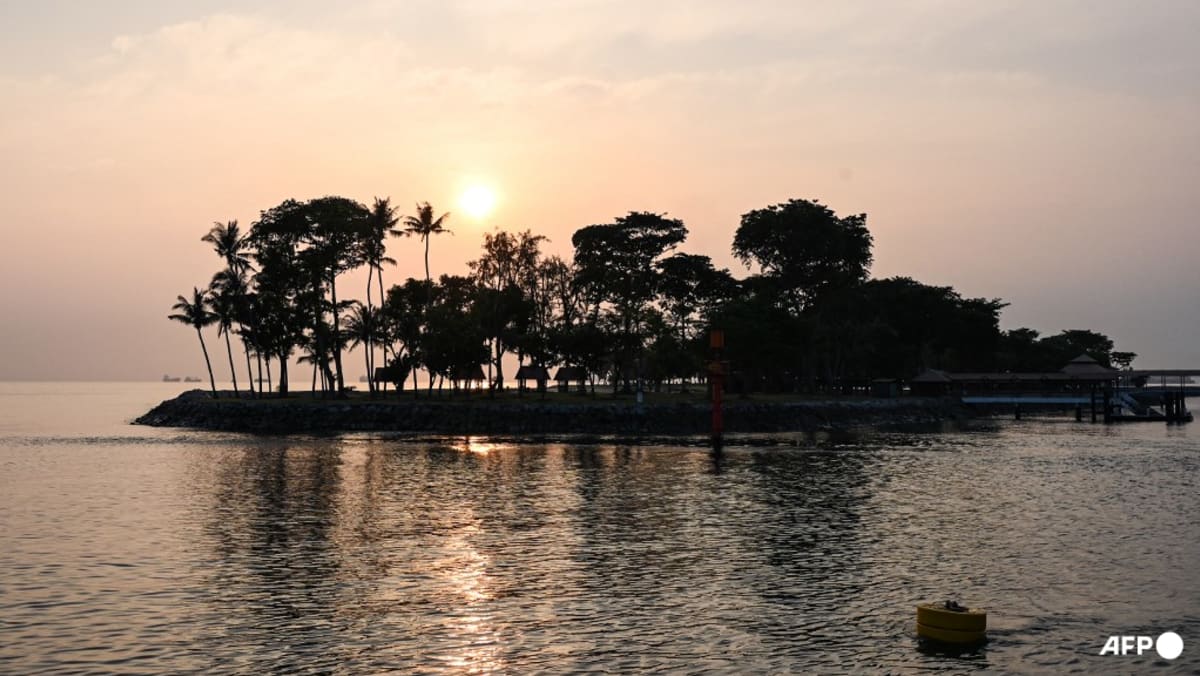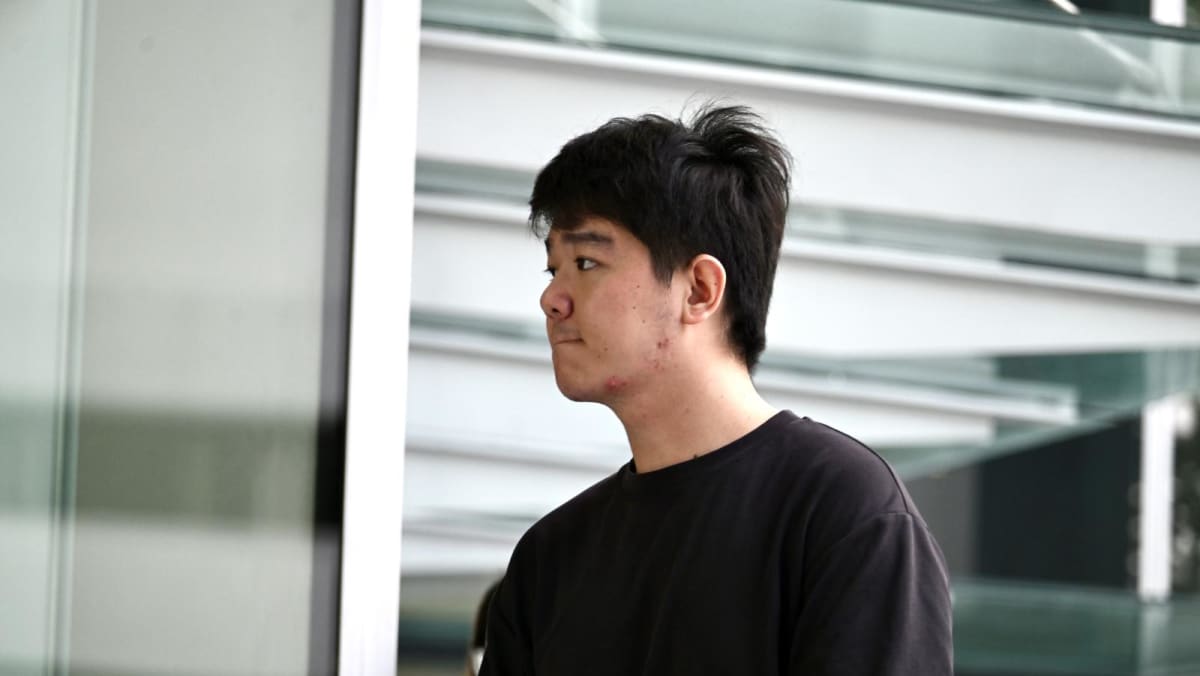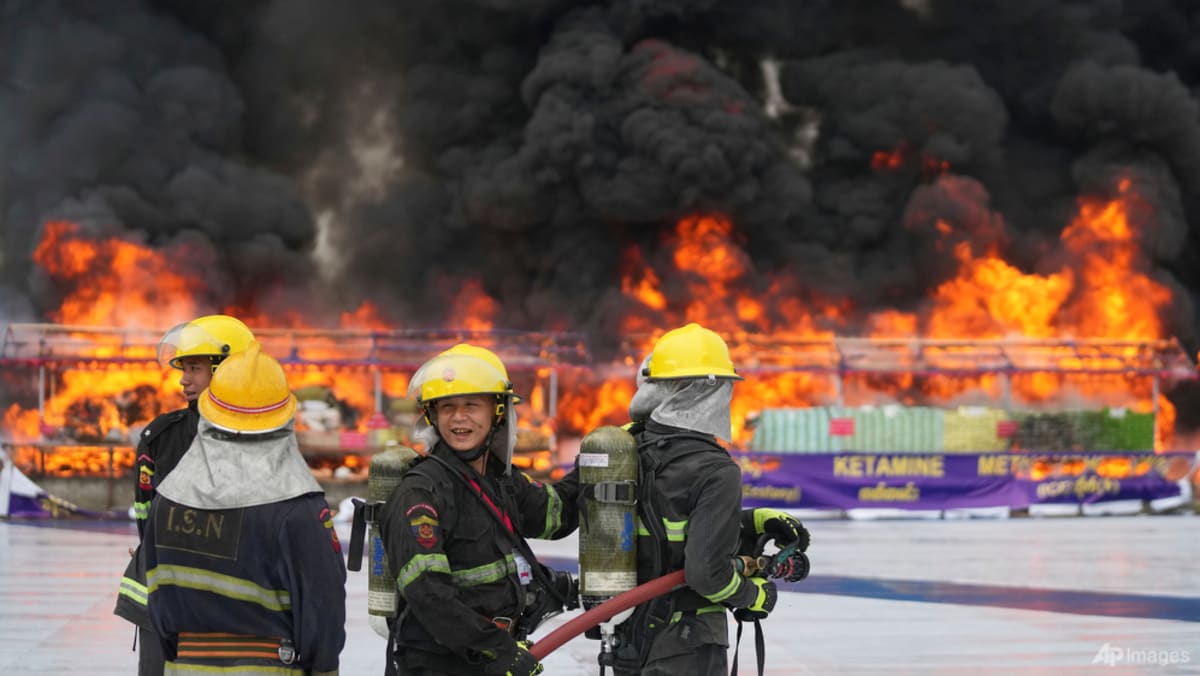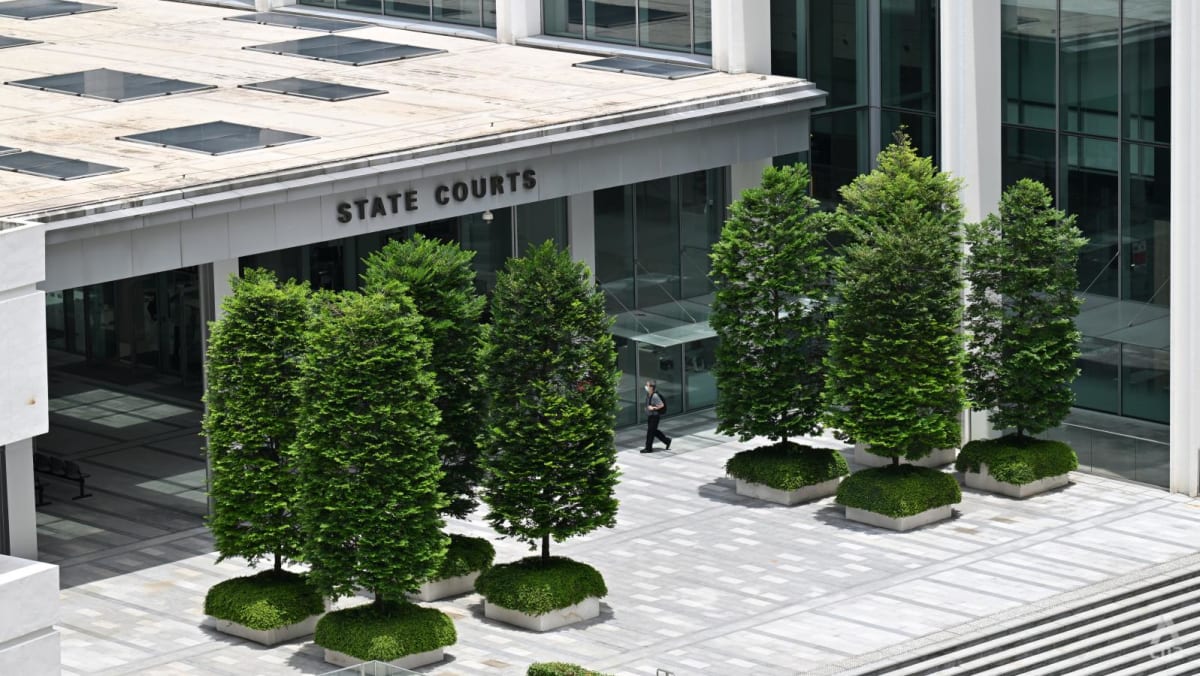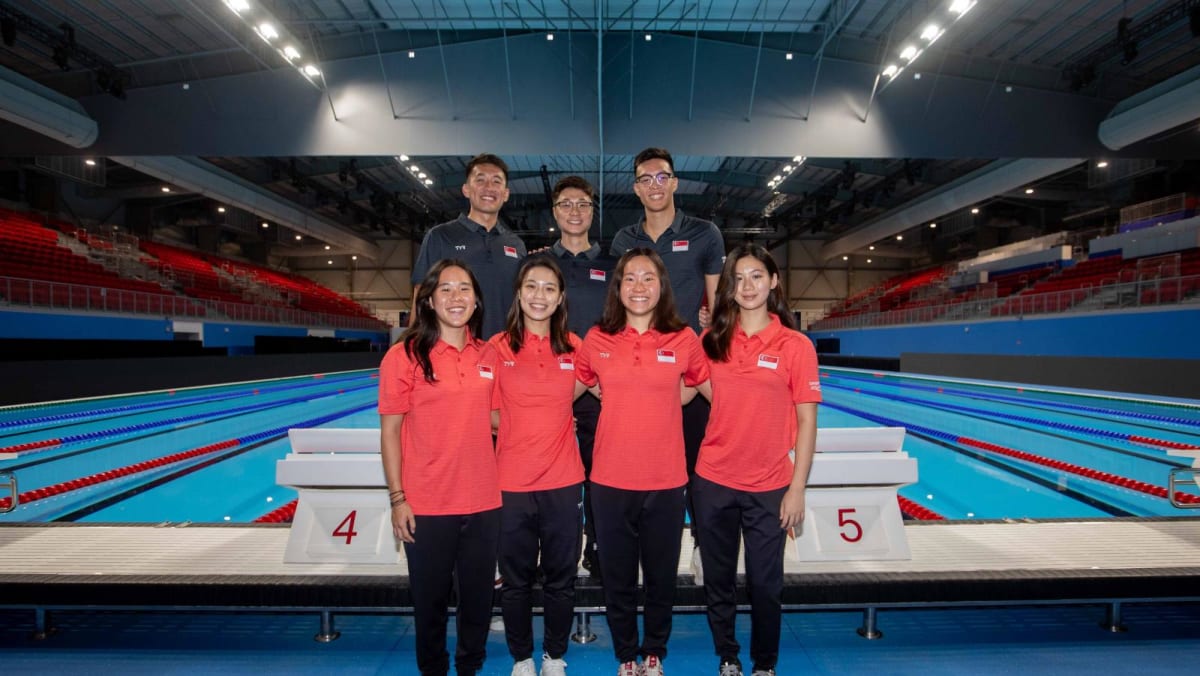Asian economies prepared on Tuesday (Jul 8) to step up trade negotiations with Washington after it hit them with steep tariffs, despite a last-ditch flurry of offers to boost imports and slash levies on United States goods.
Countries in the region formed the bulk of the 14 nations that received letters from the US so far, announcing higher tariffs on their goods from Aug 1.
US allies Japan and South Korea were among those hit, with 25 per cent duties imposed on them.
Japanese Prime Minister Shigeru Ishiba told Cabinet ministers on Tuesday that it had received a proposal from the US to swiftly proceed with negotiations and that, depending on Japan's response, the content of the letter could be revised ahead of the Aug 1 deadline.
Japan will "actively seek the chance of an agreement that benefits both countries, while protecting Japan's national interest", he said.
South Korean President Lee Jae-myung's office said US Secretary of State Marco Rubio had indicated the new deadline, which extends a previous Jul 9 date, meant there was still time to reach an agreement.
The country's Industry Ministry said Seoul would "step up negotiations during the remaining period to reach a mutually beneficial result".
"We also plan to use it as an opportunity to improve domestic systems and regulations to resolve the trade deficit that is a major interest of the US," it said in a statement.
Bangladesh, which faces a 35 per cent levy, said there was hope of getting a reduced tariff rate as the Office of the United States Trade Representative had sent another draft document for it to review.
The country's national security adviser and commerce adviser were "working on the issue" in the US, Commerce Secretary Mahbubur Rahman told AFP.
REACTIONS FROM SOUTHEAST ASIA
Six countries in Southeast Asia - Laos, Myanmar, Cambodia, Thailand, Malaysia and Indonesia - were also recipients of the tariff letters.
Indonesia and Thailand face the same tariff rates Trump threatened in April, 32 per cent and 36 per cent respectively, despite late efforts to beef up proposals, such as promises to ramp up purchases of US goods and eliminate tariffs on a wide range of US imports.
Thai Finance Minister Pichai Chunhavajira, who made a proposal to US officials after a visit to Washington last week, said he was "a little shocked" at his country's rate but was ready to offer more to its biggest export market.
"The US has not considered our latest proposal," he said in a post on X. "We will find more measures and find more solutions. So be confident we will fight to the end, so that Thailand will have the best offer possible."
Malaysia, a key exporter of semiconductors and electronics, faces a levy of 25 per cent, up from 24 per cent threatened in April, before Trump called a 90-day pause.
The country is keeping up efforts to negotiate and clarify the scope of tariffs, its trade ministry said.
"Malaysia is committed to continuing engagement with the US towards a balanced, mutually beneficial, and comprehensive trade agreement," the ministry added.
The broader tariff rates came after Trump unveiled a trade pact last week following rounds of talks with regional manufacturing powerhouse Vietnam that yielded it a levy of 20 per cent on most exports and 40 per cent on transshipped goods.
Indonesia, Southeast Asia's biggest economy, said its top negotiator Airlangga Hartarto was en route to Washington on Tuesday from a Brazil summit of the BRICS grouping and would hold talks with US officials right away.
"There is still space for negotiations," said Haryo Limanseto, a spokesperson of the coordinating ministry of economic affairs. "The Indonesian government is maximising those negotiation chances."
Indonesia had offered Washington a raft of concessions early on in talks, plus offers to boost investment in the US.
More recently, it has made a slew of offers to buy more energy, commodities and aircraft from American companies in a deal that could go as high as US$34 billion.
Yet the tariffs could still prove expensive for the world's biggest exporter of palm oil, which supplies about 85 per cent of US imports of the edible oil.
US shipments could fall 15 per cent to 20 per cent because of the tariffs, and cost Indonesia the loss of market share to rival Malaysia, as well as other vegetable oils, Hadi Sugeng, the secretary general of its palm oil association, told Reuters.
Thailand, the world's second-largest exporter of rice, could also suffer a 20 per cent reduction in demand from the US market, its rice exporters' association said, while facing greater competition from third-largest shipper Vietnam.
Among the region's few gainers since Apr 2 was Cambodia, with its tariff reduced to 36 per cent from 49 per cent, after US talks that aimed to protect its crucial garments and footwear sector.




